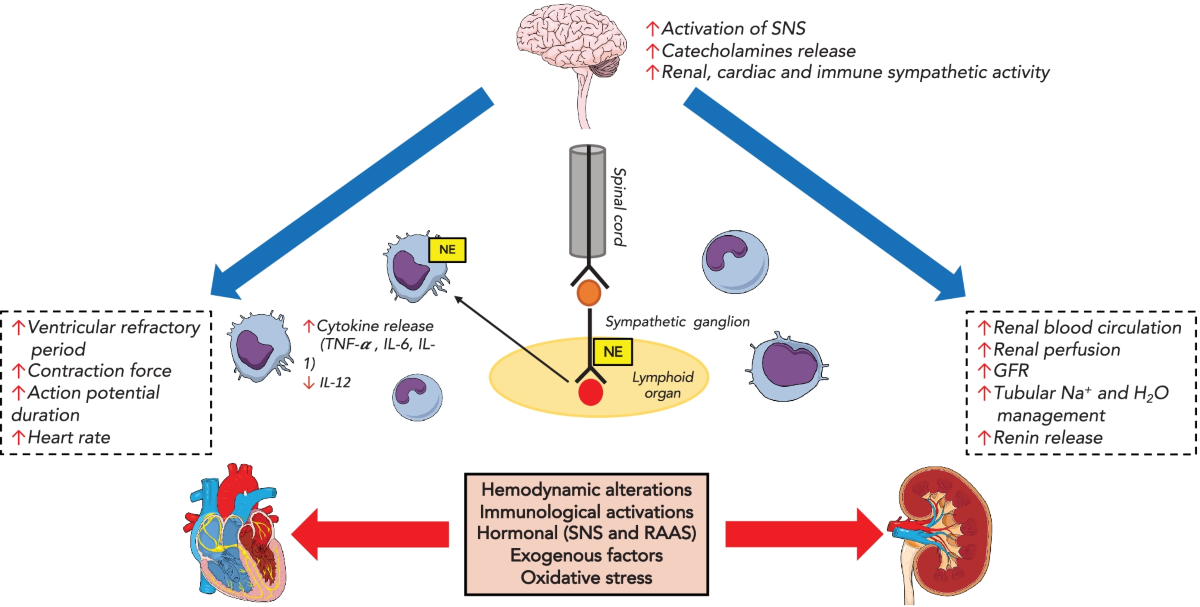The kidneys are essential organs that filter waste products, maintain fluid and electrolyte balance, and regulate blood pressure. To perform these complex functions, the kidneys rely on various biochemical processes facilitated by specific proteins known as enzymes. The term “renal enzyme” refers to enzymes that are either produced by the kidneys or play a critical role in kidney function. These enzymes are crucial in maintaining homeostasis and are also useful markers in diagnosing and monitoring kidney diseases.
What Are Renal Enzymes?
Renal enzymes are proteins that catalyze biochemical reactions within kidney tissues. They are involved in:
Metabolizing endogenous substances like urea and creatinine
Regulating acid-base balance
Controlling blood pressure
Responding to oxidative stress and inflammation
Assisting in the reabsorption and secretion of electrolytes
Some renal enzymes are specific to kidney cells, while others may be found in multiple organs but have significant renal roles.
Key Renal Enzymes and Their Functions
Renin
Source: Juxtaglomerular cells of the kidney
Function: Renin is part of the renin-angiotensin-aldosterone system (RAAS), which regulates blood pressure and fluid balance. It catalyzes the conversion of angiotensinogen to angiotensin I.
Carbonic Anhydrase
Location: Proximal tubules and collecting ducts
Function: This enzyme helps maintain acid-base balance by catalyzing the reversible reaction of carbon dioxide and water to form carbonic acid, which dissociates into hydrogen and bicarbonate ions.
Na⁺/K⁺-ATPase
Location: Basolateral membrane of renal tubule cells
Function: Maintains the sodium and potassium gradient, which is vital for electrolyte balance and secondary active transport of other solutes.
γ-Glutamyl Transferase (GGT)
Function: Plays a role in glutathione metabolism and is a marker for proximal tubule function.
Alkaline Phosphatase (ALP)
Function: Though found in many tissues, renal ALP isoenzymes are involved in dephosphorylation reactions and may indicate tubular damage when elevated in urine.
Renal Enzymes as Biomarkers
Measuring the levels or activity of certain renal enzymes in the blood or urine can provide important diagnostic information. For instance:
Elevated urinary N-acetyl-β-D-glucosaminidase (NAG) may indicate proximal tubule injury, as seen in drug-induced nephrotoxicity.
Urinary GGT and ALP can also rise in cases of tubular damage.
Serum renin levels are used to assess hypertension causes, particularly renal artery stenosis.
These enzymes serve as early indicators of renal injury, often before changes in serum creatinine or glomerular filtration rate (GFR) become evident.
Clinical Significance of Renal Enzymes
Renal enzymes play a pivotal role in various renal pathologies and their management:
Acute Kidney Injury (AKI): Early detection using urinary enzymes like NAG and GGT
Chronic Kidney Disease (CKD): Monitoring disease progression
Hypertension: Evaluation of RAAS via renin levels
Toxic nephropathy: Identifying kidney damage from drugs, chemicals, or heavy metals
- Conclusion
- Renal enzymes are fundamental to the normal physiological function of the kidneys and serve as vital tools in clinical diagnostics. Their levels and activity can help detect renal damage at an early stage, allowing for timely intervention and improved patient outcomes. As research progresses, more specific and sensitive renal enzyme biomarkers are likely to emerge, further enhancing our ability to understand and treat kidney-related disorders.
